A film photographer has launched a crowdfunding campaign for DIY pinhole camera kits with the aim of making large-format shooting affordable, accessible, and easy.
Set up by David Hancock, a photographer and writer who also shares educational material on YouTube, the Kickstarter campaign features large-format pinhole cameras — 5119 Cameras — that are designed to be built at home. Hancock shares that his project originated from a conversation with a photographer friend who was no longer able to use the fine controls on his cameras, which prompted Hancock to design simple cameras that could be used by anyone.
Hancock claims that he chose sheet film for this project to make the cameras simpler to build and because the format afforded quality results that could be achieved by anyone. The cameras are designed to be constructed by photographers of any level of building skill and, if constructed correctly, the designs promise to remain light-proof.
The largest camera kits are made out of custom-cut 7mm bamboo plywood. The insides of each camera are lined with thick, black, and light-absorbent felt instead of paint, further sealing them against light leakage. Hancock says that the choice of felt over paint ensures that the surface texture eliminates image hot spots that are caused by reflections that reconvene on the film plane and result in lost contrast due to internal reflections.
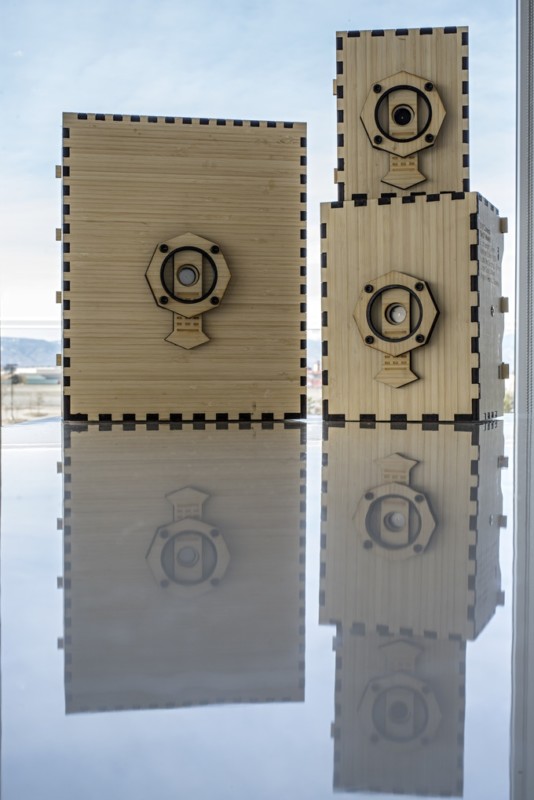
The design consists of oversized parts and pieces that can be easily handled and the shutters employ easy resistance adjustments and also include a 52mm filter ring for filters or lens hoods. Hancock explains that to make these cameras customizable, all parts will arrive unfinished and untreated, which allows photographers to finish them by applying stains or treatment of choice. He says that this can also make for an educational project for children starting out in film photography.
The collection consists of four camera models — The 45, Model 1; The 57, Model 1; The 810, Model 1; and The 410 Diptych, Model 1.
The 45, Model 1 is the smallest of the cameras in the lineup and is designed to be a compact, easy to use, and reliably shoot sheet film. It has a focal length of 90mm with an 84-degrees angle of view which approximates to 20mm full-frame equivalent.
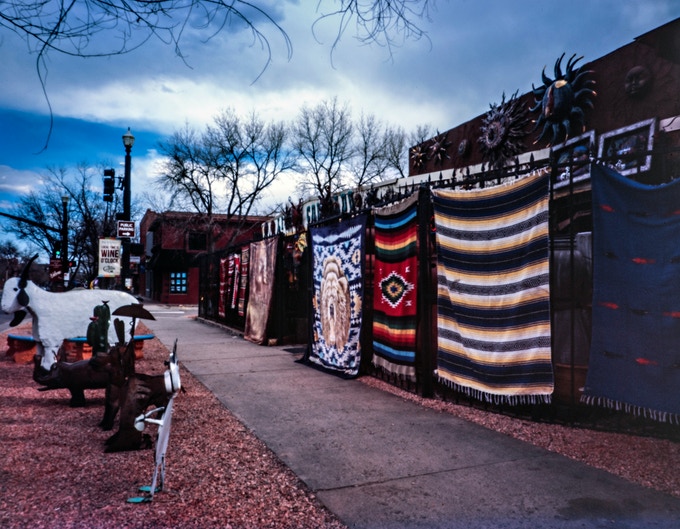
The 57, Model 1 delivers the 5×7 format, which is particularly suited for shooting negatives for contact prints and, as Hancock says, “gives the darkroom photographer on a budget a way to also see their images easily made into actual, physical prints.”
This model builds on the design and performance aesthetic of The 45, Model 1, and adds an element of high-art performance. The specifications include a focal length of 127mm and 81.3-degrees angle of view which translates to 22mm equivalent on full-frame.
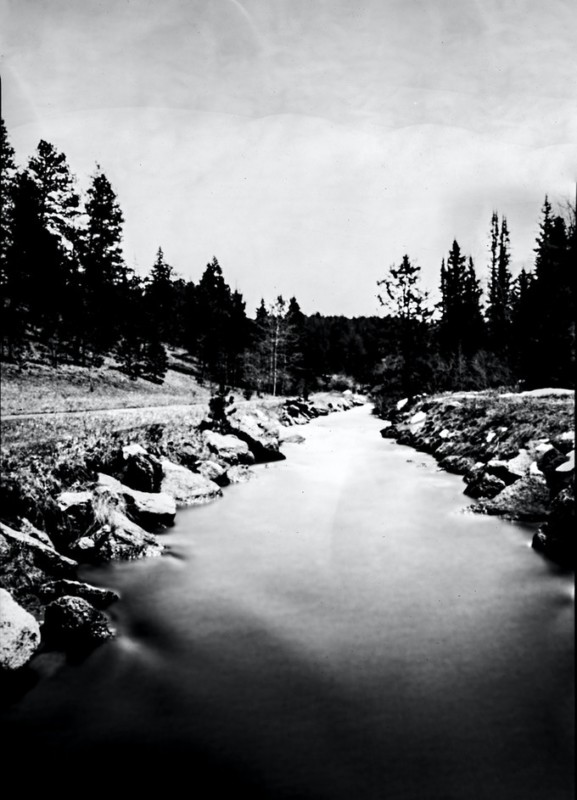
The 810, Model 1 is the largest camera and shoots 8×10. Although the size and weight of the camera make it more difficult to carry and use, Hancock claims that it delivers “accordingly beautiful results.” Well suited for landscape work, it has a focal length of 169mm with an 88-degrees angle of view which is an 18.5mm equivalent for full-frame cameras.
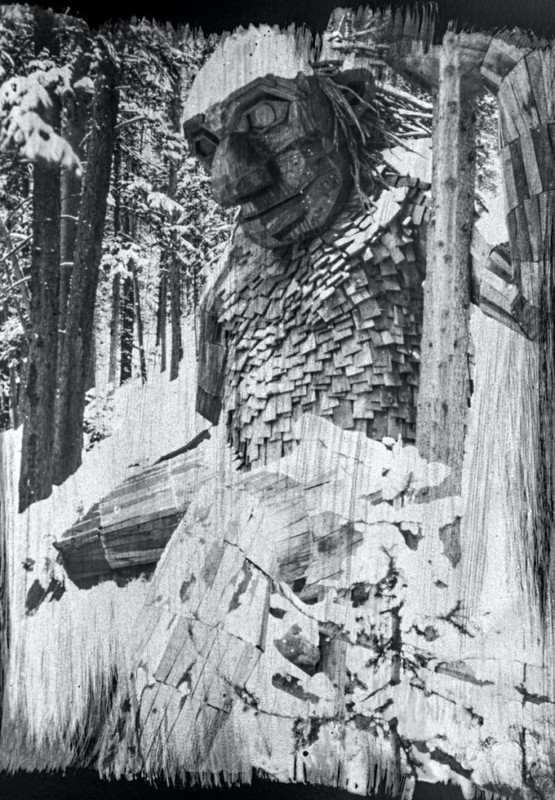
The 410 Diptych, Model 1 is possibly the most unusual camera in the lineup. Hancock is confident that no other Kickstarter campaign has released a 4×10 camera, particularly one that can alternately take two 4X5 film backs and create diptych images.
“This camera, a unique tool in the photographic world, aims to provide something that gives the photographer a panoramic pinhole option,” he writes.
With a focal length of 159mm, the camera has an 87-degree horizontal angle of view and a 49-degree vertical angle of view which make for 19mm and 40mm full-frame equivalent, respectively.
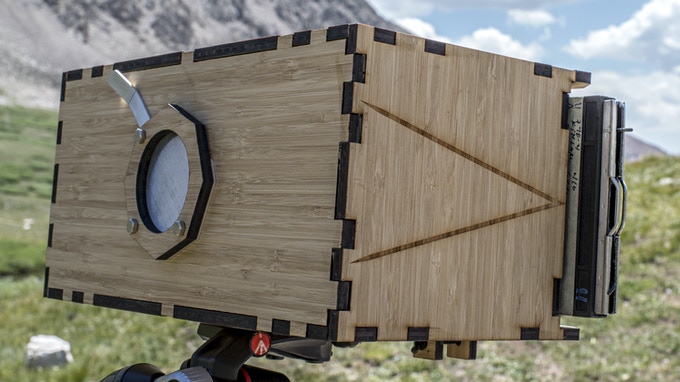
Providing the campaign is successfully funded, Hancock will order the parts for the kits and ship them to backers with no timeline specified as of yet. All backing options can be persued on Hancock’s Kickstarter campaign page.
Disclaimer: Make sure you do your own research into any crowdfunding project you’re considering backing. While we aim to only share legitimate and trustworthy campaigns, there’s always a real chance that you can lose your money when backing any crowdfunded project.